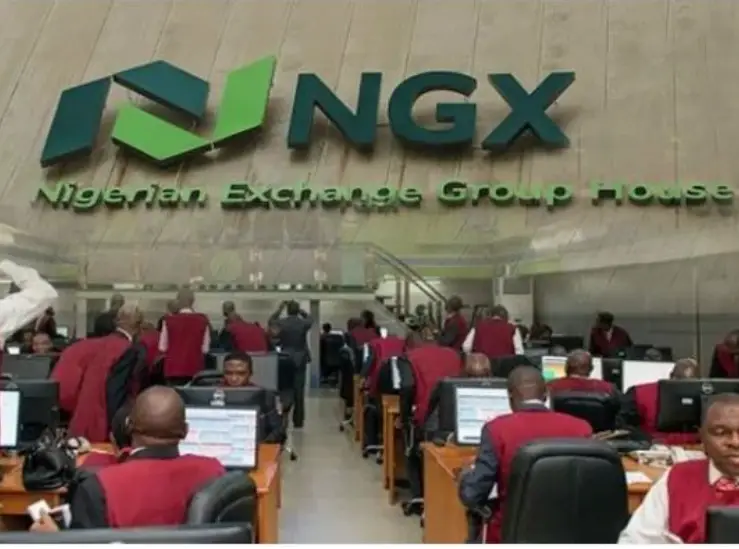As 2025 unfolds, major shifts in U.S. visa regulations are creating waves across the globe.
Students, professionals, and tourists are now facing tighter entry restrictions and revised immigration protocols under the Donald Trump administration’s firmer stance on border control and visa compliance.
From abrupt revocations to sweeping bans, here are ten major developments affecting U.S. visa seekers in 2025:
1. Visa Revocations for Students Over Minor Infractions
A surprising number of student visas—over 300—have been rescinded this year. What’s shocking is that seemingly trivial infractions like speeding tickets have led to some of these cancellations, impacting even top-tier students from elite institutions such as Harvard and Stanford. The news has sparked confusion and concern across academic communities.
2. Increased F-1 Visa Rejections Among Indian Applicants
Prospective Indian students now face stricter scrutiny during their F-1 visa applications. With over 331,600 Indian nationals studying in the U.S. during the 2023–24 school year, the rejection rate shot up to 41% in 2024. Applicants should brace for longer wait times, intensified interviews, and extra documentation—especially when proving financial capability.
3. OPT Program May Be Scrapped
Optional Practical Training (OPT), a program that allows international students to gain work experience after graduation, is under threat. Proposed legislation could eliminate the scheme entirely, forcing graduates to either secure H-1B visas or return to their home countries immediately after completing their studies.
4. Visa Ban Imposed on South Sudan
In a surprising diplomatic move, the U.S. has withdrawn visa access for all South Sudanese nationals due to repatriation disagreements. Even those under protected status have been affected, signalling a precedent for possible blanket bans on other countries in future disputes.
5. H-1B Workers Warned Against Leaving the U.S.
Due to massive backlogs and policy uncertainties, many tech firms are advising employees on H-1B visas to suspend international travel. Delays at re-entry checkpoints are so unpredictable that companies are formally cautioning staff to avoid any non-essential trips outside the U.S.
6. Closure of CIS Ombudsman’s Office
The U.S. Citizenship and Immigration Services Ombudsman, once a go-to resource for resolving visa disputes, has been dissolved. This means those navigating immigration hurdles are now left without a central point of support, making red tape harder to cut through.
7. AI Surveillance Now Targeting Student Protesters
In a controversial clampdown, the U.S. has launched a policy that uses artificial intelligence to monitor student protesters’ social media.
“Catch and revoke” is now a real strategy, particularly aimed at students linked to anti-Semitic sentiments.
Several student visas have already been revoked based on online activity, prompting growing legal pushback.
8. H-2B Visa Quota Reached Early in the Year
For seasonal workers, the cap on H-2B visas has already been exhausted—for the second half of the fiscal year—and it’s only April. Industries like seafood processing, hospitality, and landscaping are among the hardest hit by the early shortfall.
9. New Gender Identity Rules Add Hurdles
U.S. immigration policy now recognises only two biological sexes: male and female.
This has alarmed many in the LGBTQ+ community, as transgender and non-binary individuals may now face complex challenges or even denials during application procedures under the new USCIS guidelines.
10. J-1 Visa Holders Now Under the Microscope
The J-1 visa, primarily used by exchange scholars, is being stringently enforced. Even small clerical errors can now result in visa cancellations. In one high-profile case, a Harvard scholar’s visa was revoked over undeclared frog embryos.
The trend signals that warnings for minor errors may be a thing of the past—revocations are now immediate.











